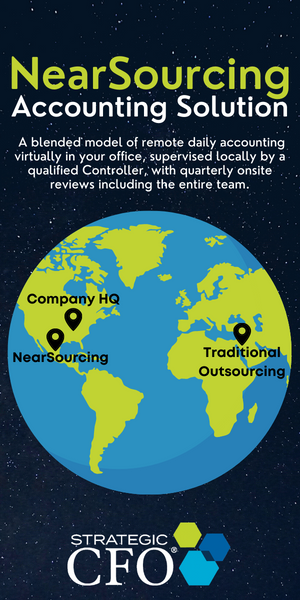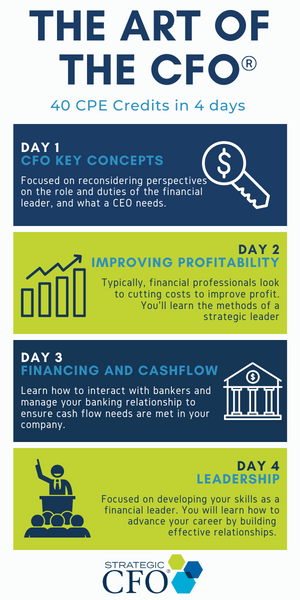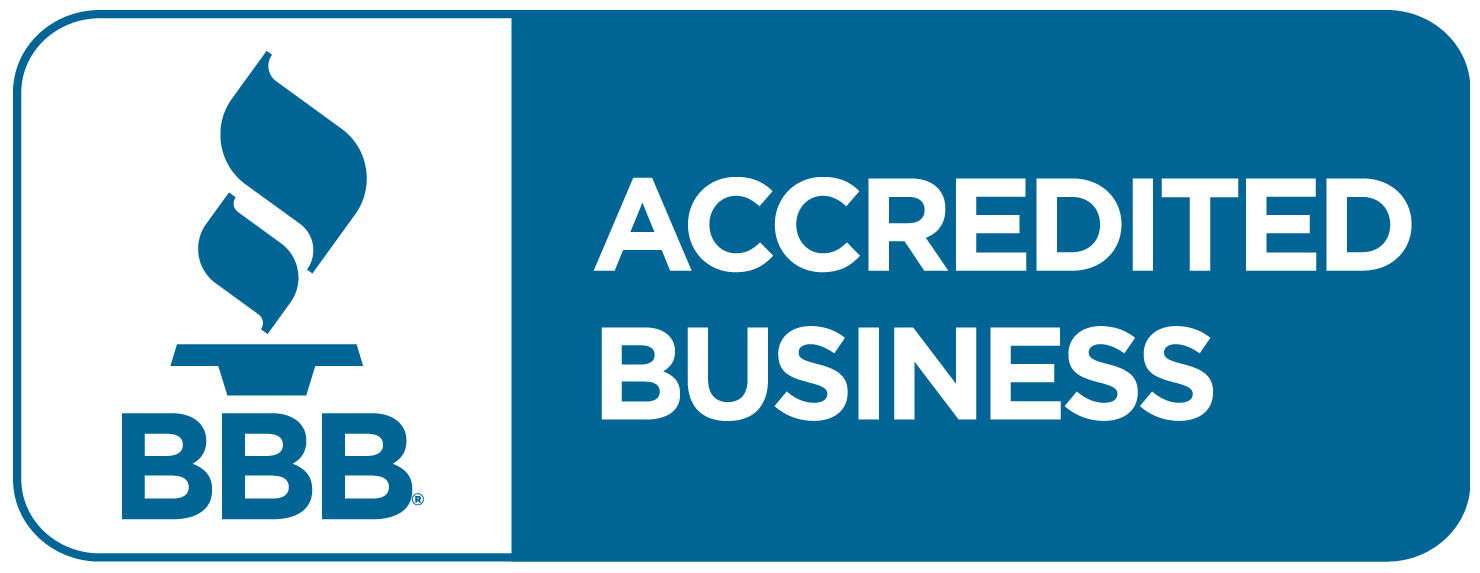In our industry we often run into businesses that do not understand the difference between bookkeeping and accounting. It is not the business owner’s fault. After all, they are in the business of making money for whatever service or product they sell. But, to know if you are making any money you need to measure the results of all transactions. That is where bookkeeping and accounting are required.
Most small business start the same way… the owner is the CEO, CFO, salesperson, AND the person that puts together quotes and delivers the product or service. As the company grows the owner will hire more people and then find themselves with a business invoicing 10, 20, 30 million in revenue and more. Now that they have tens of millions in sales, they are going to spend money on marketing, salespeople, insurance, rent… but very little on “accounting”. After all its just bookkeeping, right? Wrong.
What is the difference you ask?
BOOKKKEEPING
Bookkeeping is taking a transaction and entering that transaction into whatever accounting system you have (Quickbooks/Netsuite etc…). The bookkeeper then pushes a button to print. An invoice is entered for a sale, and a vendor invoice is entered as an expense and a payable. That’s it. There is usually no thought from the bookkeeper as to the process, or what the transaction does to the income statement or balance sheet. Anyone that can use software and read, can enter things into a system. Some bookkeepers learn how to reconcile the cash account much like we reconcile our check books at home, but there is no application of accounting principles to bookkeeping. Bookkeeping is a clerical exercise, not an accounting function.
ACCOUNTING
Accounting is applying accounting methodologies and principles to those transactions entered into the system. Understanding what each transaction does to the income statement and balance sheet, and understanding the ever changing accounting principles and applying them to the business. This can get pretty complex which is why CPAs often get involved and why many companies go through an audit or review of their business. Accounting has been a profession for generations and there is a reason why it exists, so yes, it costs money to have your accounting properly completed. You will either need to hire a qualified accountant/CPA or outsource the accounting function. Beware, when I say CPA I do not mean the one who does your taxes. CPA’s are specialized and you’ll need a managerial CPA that will create your financial documents per U.S. GAAP.
Not applying the correct accounting principles and methodologies will lead to misleading financial statements. That means that your financial statements do not reflect the proper margins of the business and proper balances on your balance sheet.
Each transaction in a company starts with bookkeeping. Someone needs to enter each transaction into a system. But then immediately an accountant must apply the accounting principles to those transactions.
Time and time again we see businesses think they are “saving money” by hiring a bookkeeper to keep their books and records. Then the business cannot make sense of the margins, or they are suffering a cash crunch, and they do not understand why. In business it is just a fact that as you grow your accounting process and reporting must get more sophisticated. As a company grows to 5 million, 10 million in revenue you must have what we call “a professional accounting staff”. This does not mean you need 5 bodies in the accounting department, it just means you need the right people on the bus, and they need to be in the right seat on the bus.
One of the most basic accounting principles is using accruals in your accounting to properly reflect the timing of the transactions. We often see good size businesses either on cash basis, or some blend of cash and accrual basis. Incorrectly using accruals in your business means your financial statements are not reflecting reality. Cleaning up and converting cash to accrual financial statements represents a good part of our work at The Strategic CFO, LLC. It is an eye opener to CEOs and business owners when they see that the financial statements now truly reflect their business. Most CEOs and business owners have a gut feeling about their business. And the really good ones are right about their gut feeling. They know their business, they know their margins, but the income statement generated does not reflect the business performance. That is usually because they are using bookkeeping, not accounting. Once the business owner can look at a financial report that makes sense, and properly reflects the business, it is a good feeling. Sometimes CEOs think they are running an operation that makes sense, but cash always seems to be tight. “Cash is King”. Every decision and transaction either generates cash or consumes cash. With proper financial statements that have the correct methodologies and accounting principles applied, a business leader or owner can look at problem areas and make decisions to correct the situation.
There is no way around it. If you grow your business and are now dealing with millions in revenue and millions of expenses, you cannot afford not having a professional set of accounting records. You must have people that know the latest accounting principles (CPAs) that can guide your staff accountant and bookkeeper. As companies grow, they will need a Controller, then eventually a CFO, and if you get to 50 million in revenue or more you are likely needing a Controller, CFO and an accounting department. Having the right people in place will pay for themselves over and over again. You will have a financially healthy company and you will be able to weather the economic storms that are ahead. You will have monthly financial reports that tell you if anything is wrong in your business and you will be able to properly plan ahead by making smart decisions.

The Struggles of Private Company Accounting
Hiring the right accountant When I meet a business owner operating at a successful $10 million in revenue, they often mention, “My CPA”… I immediately know that CEO/Entrepreneur is referring to their Tax CPA. That is because one thing that all Entrepreneurs have in common is that they must file a tax return. So, from











